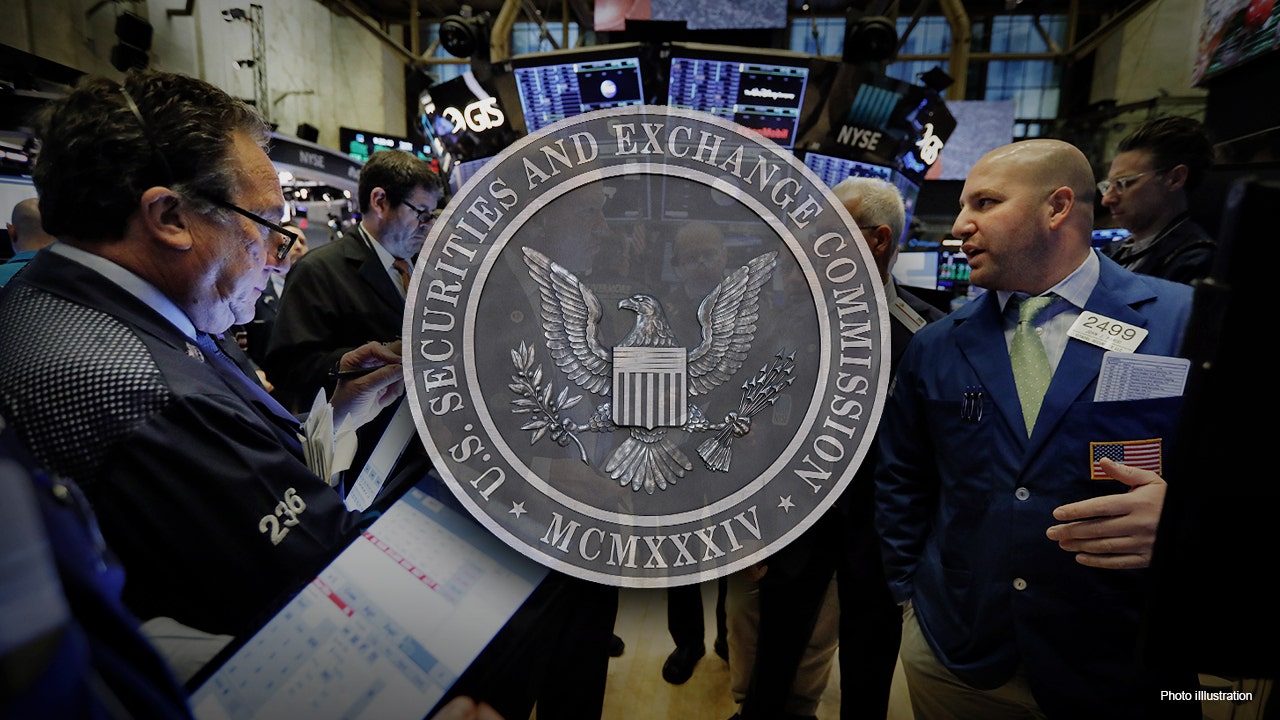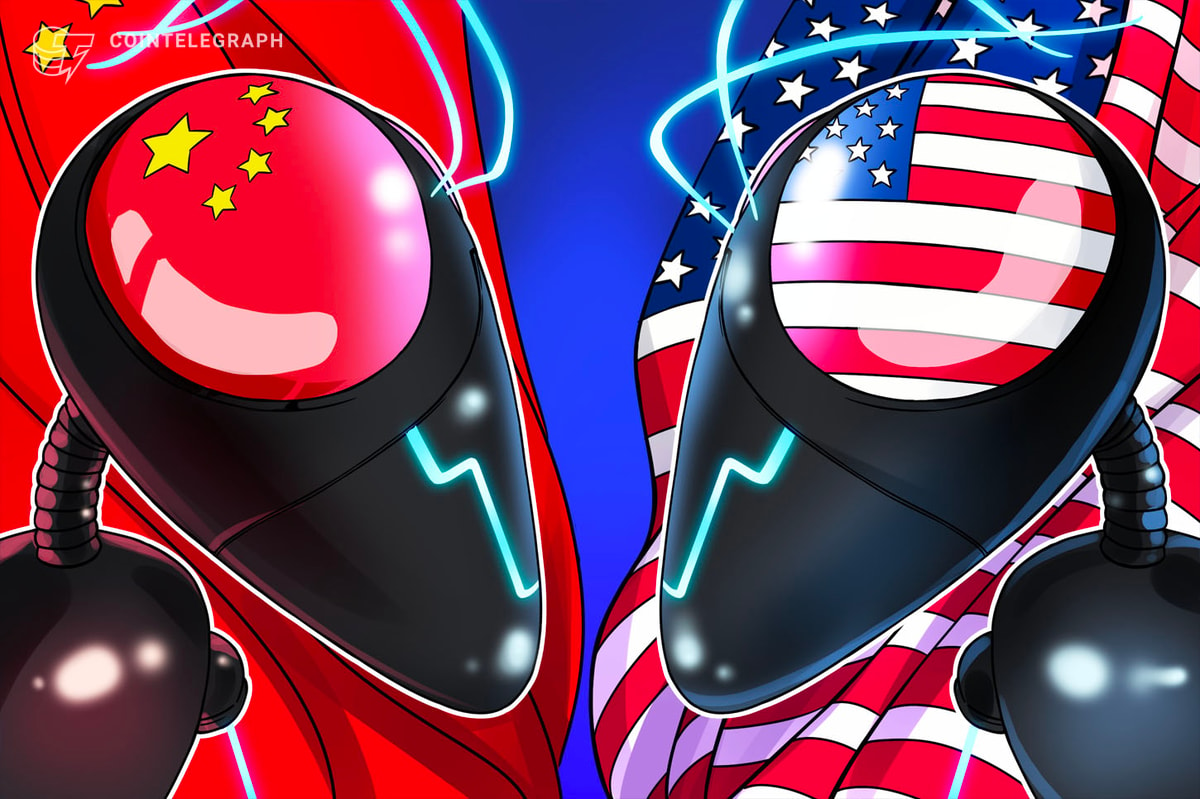Senate Banking Committee Chairman Tim Scott, R-S.C., outlined why banking regulators are the root of the issue when it comes to shutting down American bank accounts, also known as de-banking, because regulators “just don’t like them.”
Banking regulators operate under an “alphabet soup” of federal agencies, and sources on Wall Street told Fox News Digital that when a regulator speaks, whether couched as a rule, guidance, or even a simple conversation, banks have little choice but to listen.
“This is a financial swamp in D.C. and beyond that decides who gets an account, who gets a loan, who has access,” Senate Banking Chairman Tim Scott told Fox News Digital. “These are folks who have not been elected by the citizens of our country.”
RED STATE OFFICIAL RECOUNTS PERSONAL EXPERIENCE OF BEING ‘DEBANKED’ AND WHY IT ‘HAS TO BE STOPPED’
“These are the bureaucrats who are using their power to weaponize consistently against Republicans, consistently against conservatives, and consistently against the growth industries of our country, like the crypto industry, because they just don’t like them,” Scott added.
The high level of power that regulators hold was first crafted under Operation Choke Point by former President Barack Obama’s Department of Justice. A key component of the operation allowed regulators to flag bank accounts that posed a “reputational risk” to the banking institution.
Additionally, language in the Office of the Comptroller of the Currency (OCC) handbook alluded to treating “negative public opinion” as heavily as a serious financial risk.
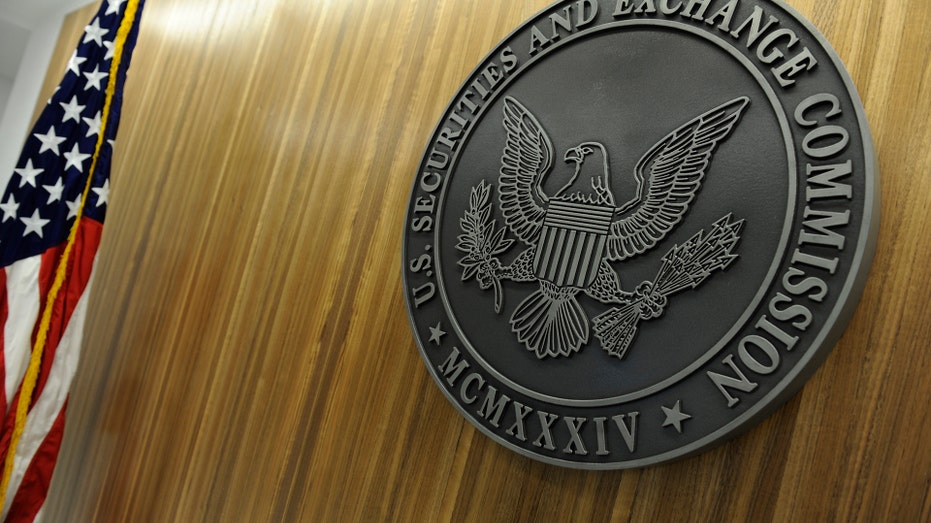
The vague guidelines prompted the closure of accounts across America, but as the Senate Banking Chairman noted, many of these accounts were allegedly closed for political reasons or whether the regulators didn’t like the owners or industry behind the accounts.
JPMORGAN CEO REVEALS WHAT’S KEEPING THE AMERICAN ECONOMY STRONG DESPITE GLOBAL CHALLENGES
One significant case includes First Lady Melania Trump, who said in her memoir that she received notice her longtime bank account was being shut down and that her son, Barron Trump, was not able to open an account at the same banking institution following the events of January 6, 2021.
While taking questions from reporters at the Oval Office in June, President Donald Trump himself noted that “the regulators control the banks” and that when an administration tells regulators to “go and make life impossible for big banks and little banks” that the regulators “really control it.”
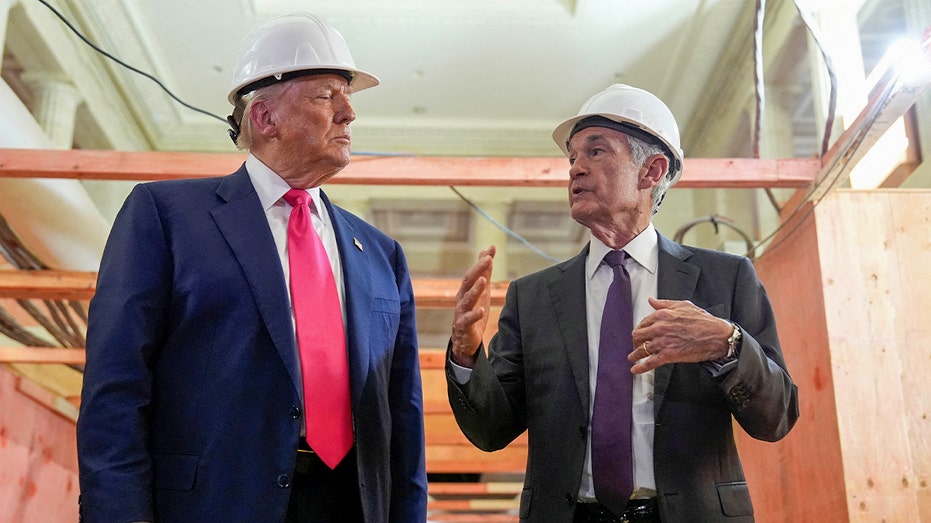
Under the Trump administration, the language has since been redacted, and Sen. Tim Scott, R-S.C., along with House of Representatives member Andy Barr, R-Ky., introduced the Financial Integrity and Regulation Management (FIRM) Act to codify the removal of the vague language to prevent a future administration from seamlessly reversing the reputation-based account closures.
“Woke regulators have targeted businesses based on their politics for years,” Rep. Andy Barr told Fox News Digital. “From crypto firms to firearms manufacturers, coal and natural gas businesses.”
Dropping the reputational risk policy even garnered the support of Federal Reserve Chairman Jerome Powell, who said during a House Financial Services Committee hearing in June that “it’s the right thing to do.”
DOGE DEVELOPS INNOVATIVE AI TOOL TO ELIMINATE UNNECESSARY FEDERAL REGULATIONS
As the legislation moves through Congress, Wall Street hasn’t been shy about speaking out against the leverage and control that federal regulators have over the industry.
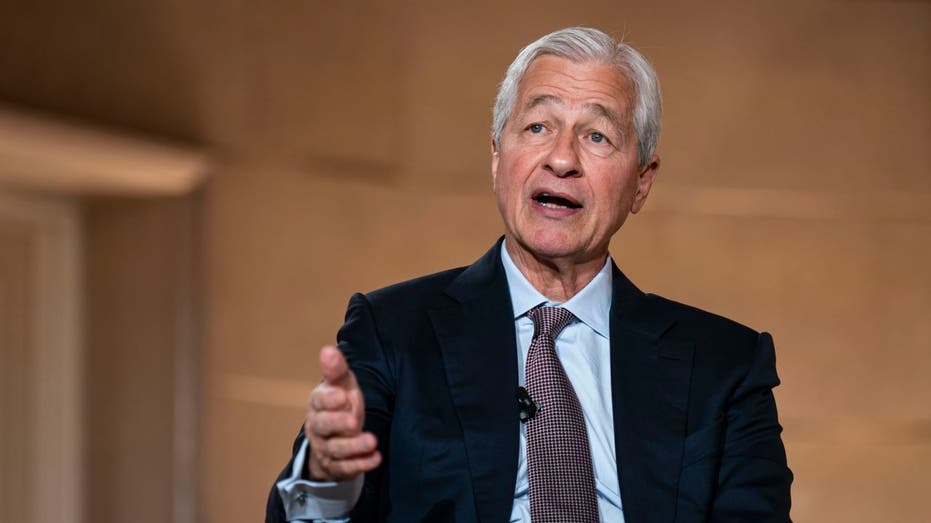
A spokesperson from JPMorgan Chase confirmed to Fox News Digital that the firm does not close accounts on the basis of political or religious affiliation, and has repeatedly called for a better and more transparent regulatory framework that would help prevent unnecessary account closures.
Jamie Dimon told the Dallas Morning News Editorial that de-banking “often arises from bankers’ fears that the government will come after them” if they end up doing business with a bad actor.
Bank of America CEO Brian Moynihan told the Economic Club in D.C. there are “100-plus regulators in our building every day” and that America’s second-largest bank is “told by authorities to close accounts.”
SEN RAND PAUL: THERE ARE $186 BILLION REASONS WHY WE MUST AUDIT THE FED
While the FIRM Act would codify the redaction of the reputational risk standard, it’s not the last step in creating a balance of power between regulators and the banks. Sources on Wall Street also tell Fox that outdated laws and rules like $10k maximum balance transfers and Suspicious Activity Reports (SARs) also create limitations on a bank’s ability to serve customers.
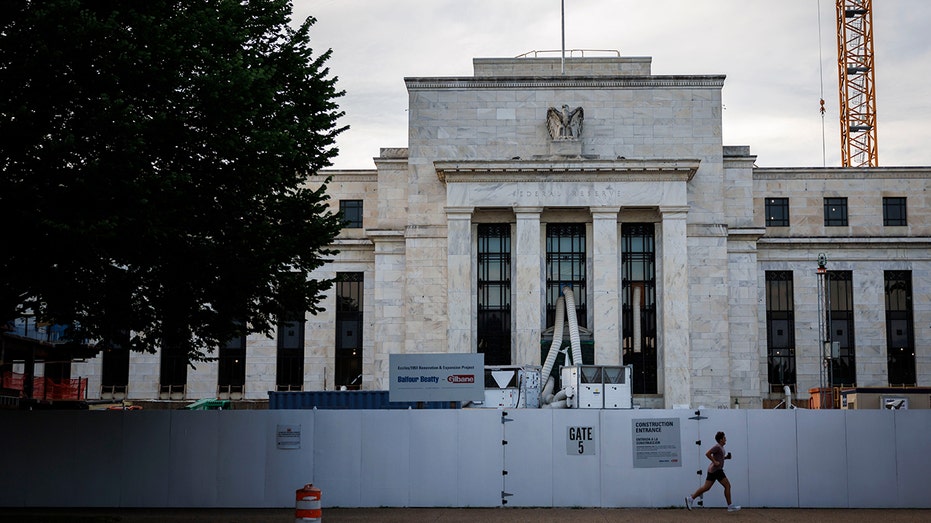
When asked about next steps for reining in regulatory power, Scott said “changing the playbook is also really important.”
“That is a job that these regulators can do,” Scott added. “They can literally start the process of ripping those pages out of the playbook so that the regulators, when they go into these banks, they don’t have it to call upon.”
Read the full article here







